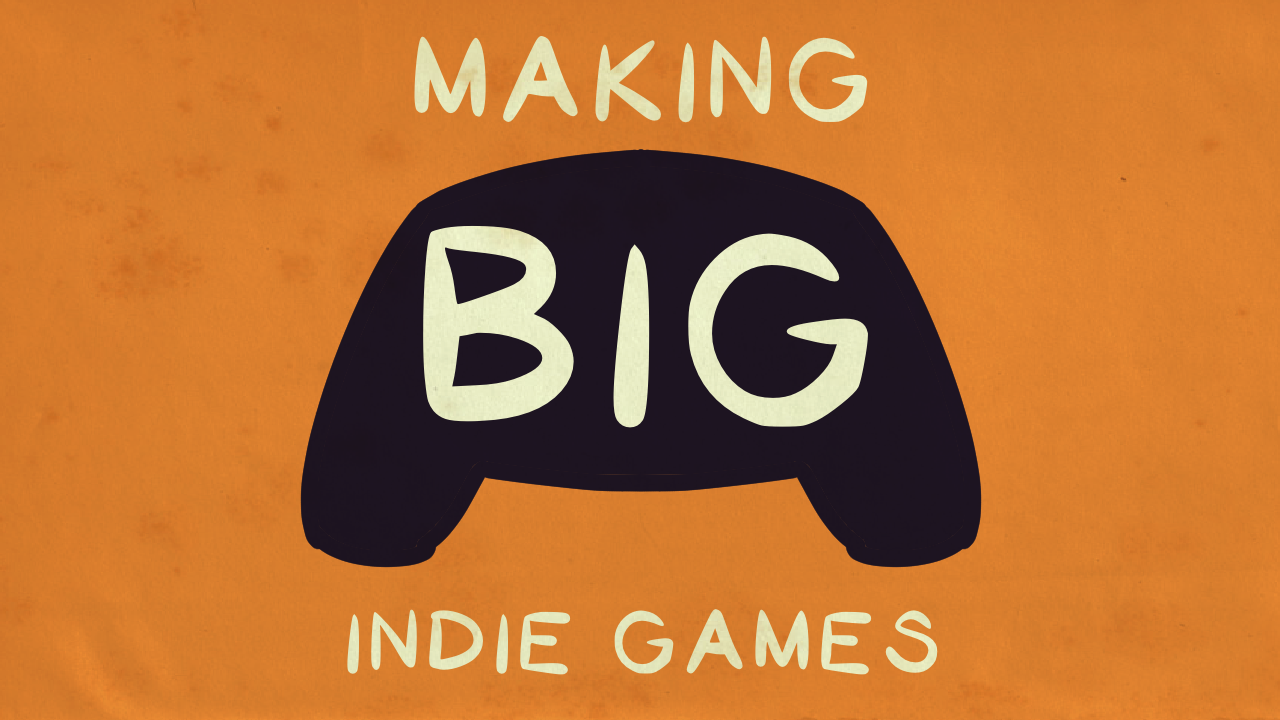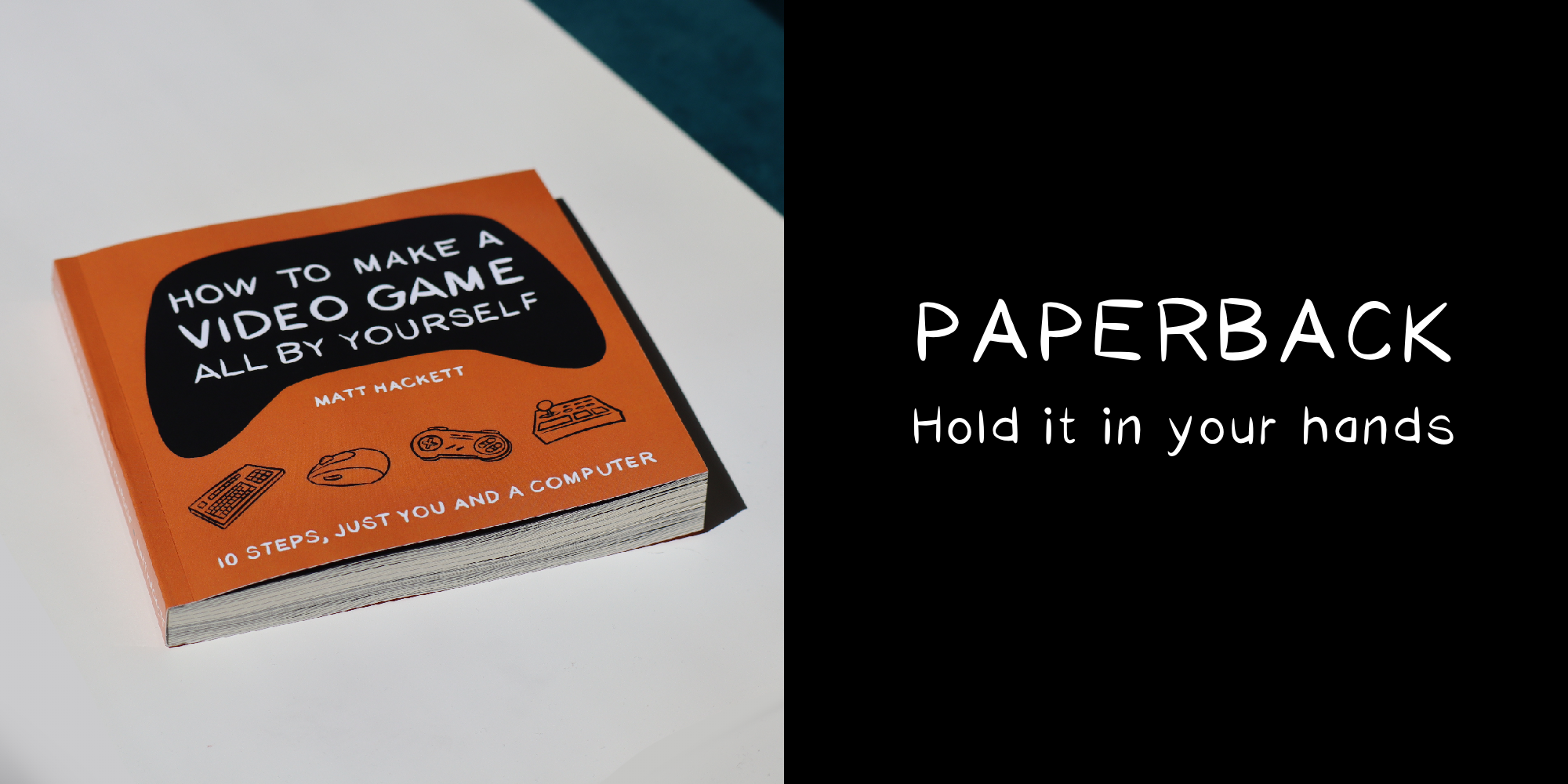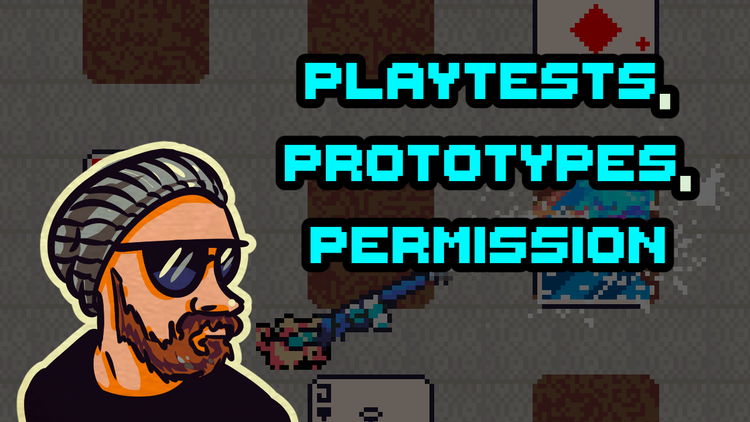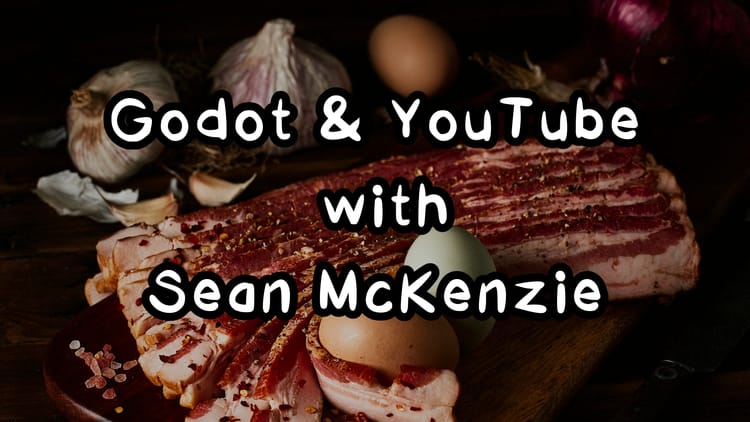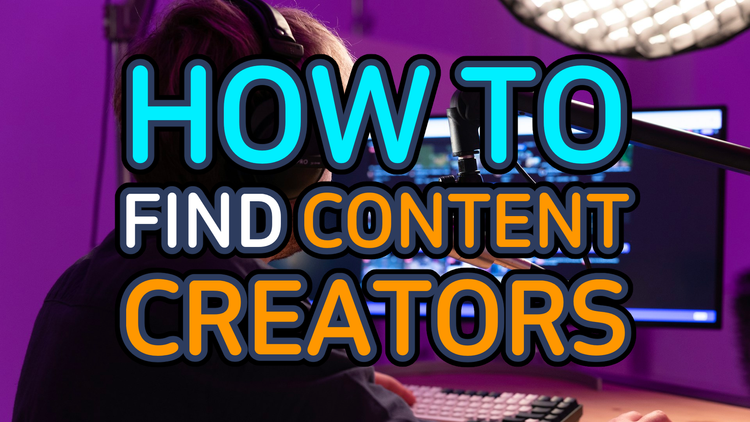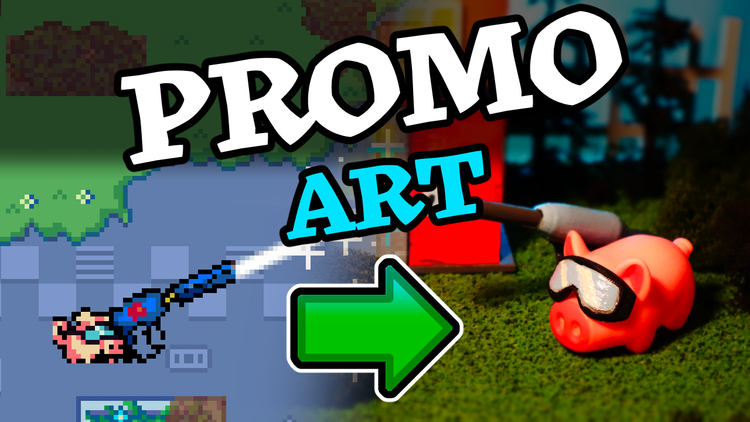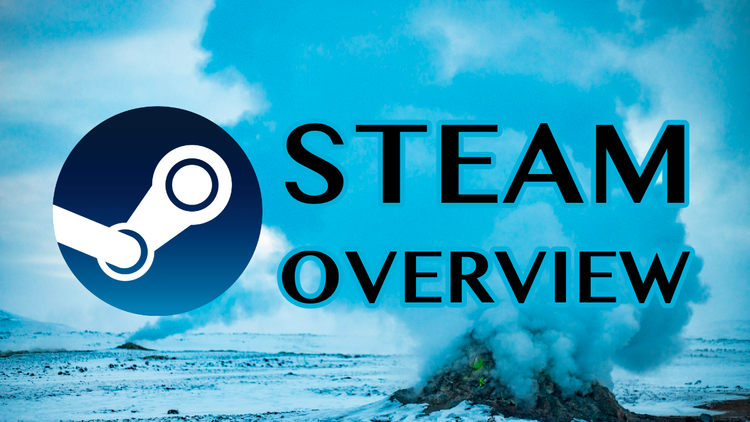💰 Making games that pay the bills: 6 steps to profitability
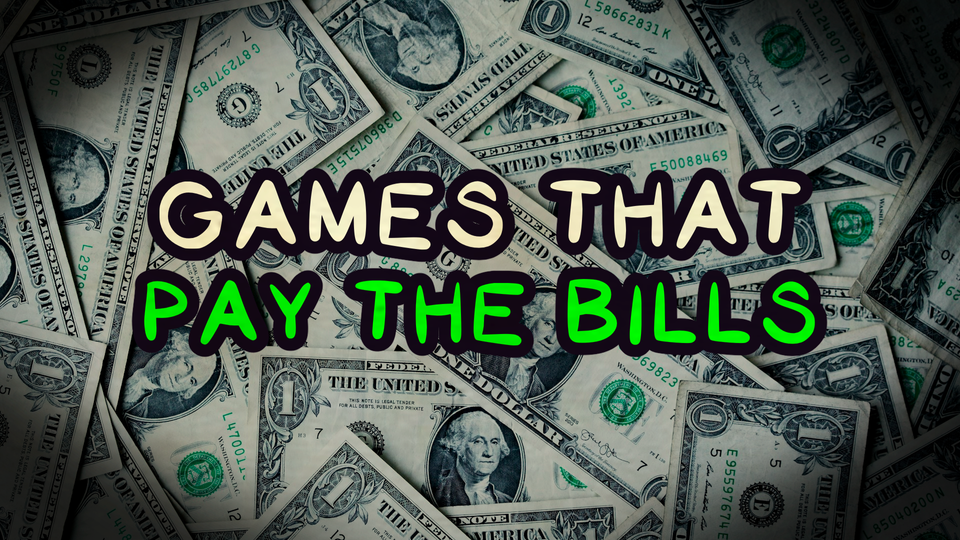
Got a game idea? Cool! But would it make money?
Below are steps you can take to help reduce risk and ensure that the game concept you work on is marketable and could be profitable. Let's jump in.
Here are the steps
- Generate an exciting concept
- Perform market research
- Design one or more hooks
- Estimate cost
- Test concept marketability
- Make Your Decision! 💀
Chris Zukowski, Ryan Clark, Simon Carless, & GDC talks.
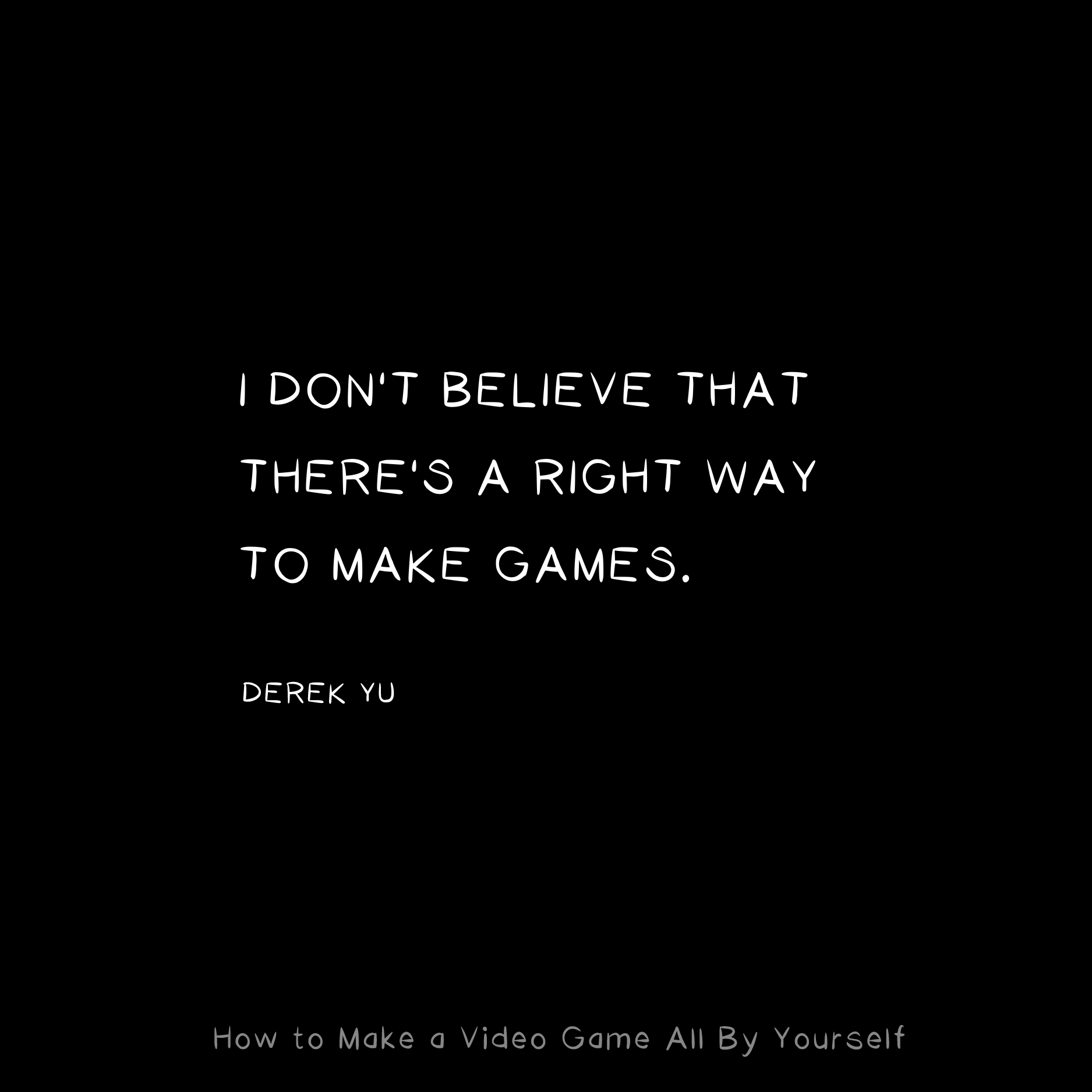
1) Generate an exciting concept
Let's start off strong with something fun! Later we'll have to do some real work. But for now, the reason many of us are here in the first place:
🎮 What cool game are you making??
If you're reading this you likely have one or many cool game ideas in your back pocket. Projects you're excited to work on and excited to talk about. Concepts that either came to you suddenly like a bolt of lightning or maybe you've been slowly developing your concept for many years.
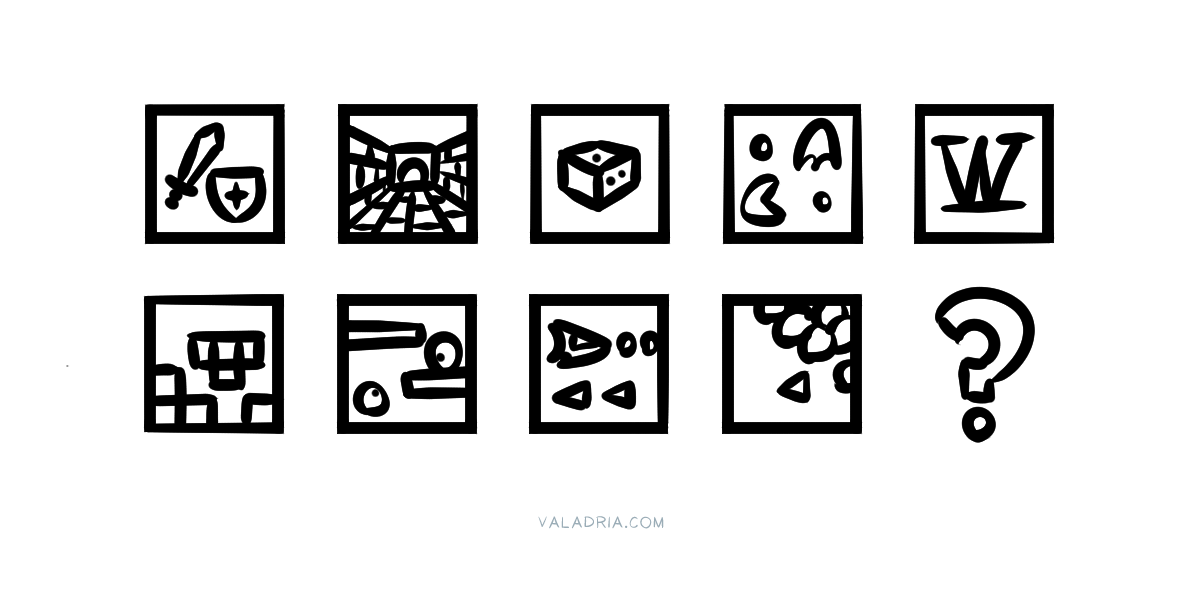
Sometimes the game you're fired up to make came to you in a vision and you're compelled to chase it no matter the cost, no matter the outcome. This section might not change your mind, but it will at least set your expectations.
I estimate (in a vary hand-wavy way) that 90% of your game’s success is based on the type of game you are making and how good it looks.
-Chris Zukowski
That's right: the genre & art style you choose are likely the most important aspects of whether or not your game will be marketable.
When you pick a genre for your concept, ensure you're hitting that genre's anchor features or your players will be unhappy and your game will suffer.
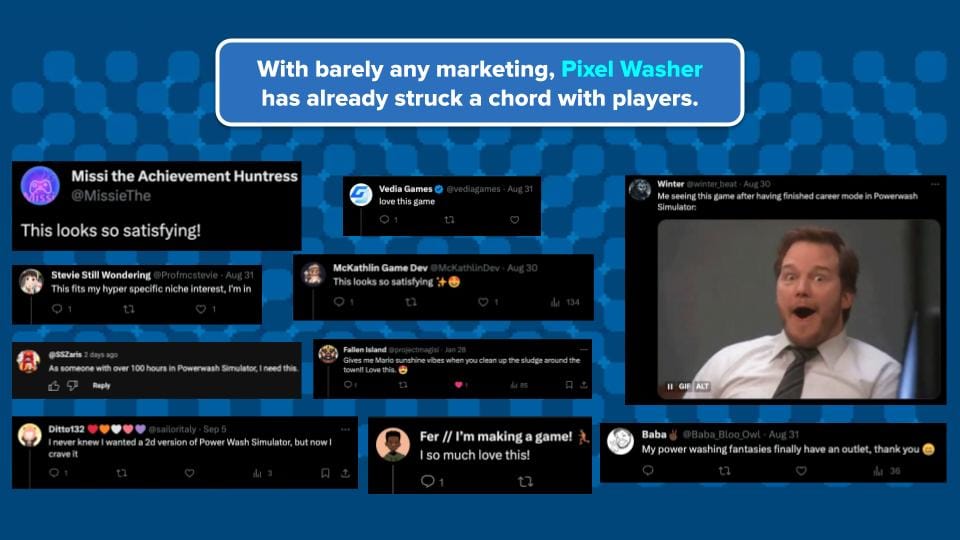
2) Perform market research
You've arrived at this step armed with a game concept. Now let's gather data to see how much money this game could make.
Gather a list of the top 10, 20, or 50 games that are relatively comparable to your game idea. Here are tools to help you:
- Steam search + the "More like this" section on any Steam game page
- SteamSpy
- Video Game Insights
- Game Data Crunch
- Steam Marketing Tool
The more data the better, but try to gather a list of games that mostly meet these criteria:
- Same genre as your game (most important)
- Same visual dimension as your game (if your game is 2D, ignore 3D games)
- Similar level of quality, shine, and polish as your game
- Comparable hook(s) to your game
- Dev team / publisher have similar audiences as you (especially no huge hits)
You can include games that deviate from the above list, but the more they deviate the more you must take their numbers with a grain of salt. Your game's fate will be much different than theirs, so that particular data is less useful to you.
Once you have your list, calculate the average and median revenue numbers to get a rough estimate for what your game could conceivably make.
You can see how I did this in the video Will my game make money? The numbers will only be rough approximations but it's helpful to have an idea.

3) Design one or more hooks
When making a game within a specific genre, it's important to understand (and implement) your anchors. Not including important bits will get your game trashed by the players who are supposed to like it.

Follow Chris Z's guide on how to find your "anchors".
Next design one or more hooks into your game. A hook is something that makes your game stands out and helps grab people's attention. To get some ideas see 5 viral hooks for game designers:
UGH I can't find the specific link but Ryan Clark said something invaluable about hooks. (It's gotta be on the Brace Yourself Games channel or maybe their TikTok.)
Your hooks should be:
- ✅ Surprising
- ✅ Desirable
You want an unexpected hook, ideally something unpredictable so your idea delights right away. Also you want your hook to be something people actually want. Something appealing and desirable.
@braceyourselfgames Our CEO Ryan Clark goes over some tips on how to make more profitable video games. Have questions for him? Ask in the comments and we’ll get them answered! #indiegames #gamedev #gaming #byg #indiedev
♬ original sound - Brace Yourself Games
Without hooks people will say things like, "You should just play Diablo" or "I don't know why anyone wouldn't just play Zelda instead of this." Hooks bring players in and separate your game from the pack.
It answers the question, "What makes your game so special?"
4) Estimate cost
Try to give your concept a rough estimation; be as pragmatic and realistic as possible. If you don't have the ability to estimate, you can get experience by working on lots of game jam games to see how long various tasks take you.
(Easy, right?!)
Once you have a rough estimate for how long the game will take, it's best practice to double that time. You could even triple it! The lowest suggestion I've heard for padding your initial estimate is 30%, so do at least that.
Now you can determine if you're able to make this game given your budget.
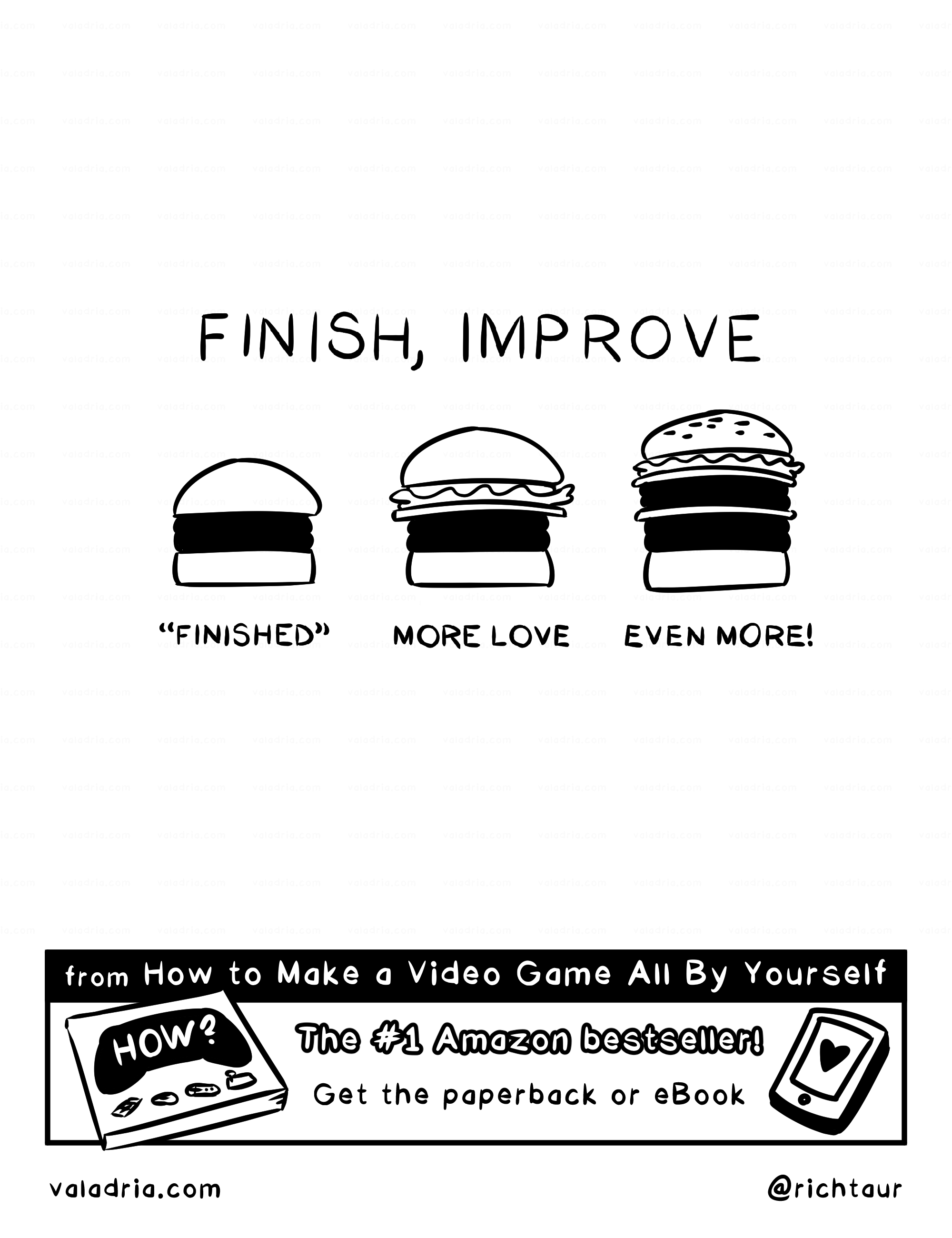
Next come up with your monthly burn rate. A reasonable place to start is $10,000 per month of development. If you're working alone and your expenses are less than that, then great! You can lower the number and plug in whatever you want here.
Say you estimate that your game will take 6 months to develop. Well that's really 12 months, so we can estimate:
💰 $10,000 per month x 12 months = $120,000
If you have that kind of cash in the bank, awesome! You can work on your game.
If your costs are lower than that, awesome! You can make your game.
How much time do things take you to do? The only way to tell is to do them and measure it. Obviously you can compare to previous tasks you've done, but that can be fiddly and one of the reasons we're all so notoriously bad at estimating how long it takes to make games.
5) Test concept marketability
This is the part I resist the most.
Use YouTube, TikTok, Reddit, Imgur – to generate some kind of hard "proof" that you actually have something on your hands and aren't just going with your gut.
You've got to have something to demonstrate at this stage. Either you've manually created animations or you've got some bare-minimum gameplay ready to show off a slice of your game.
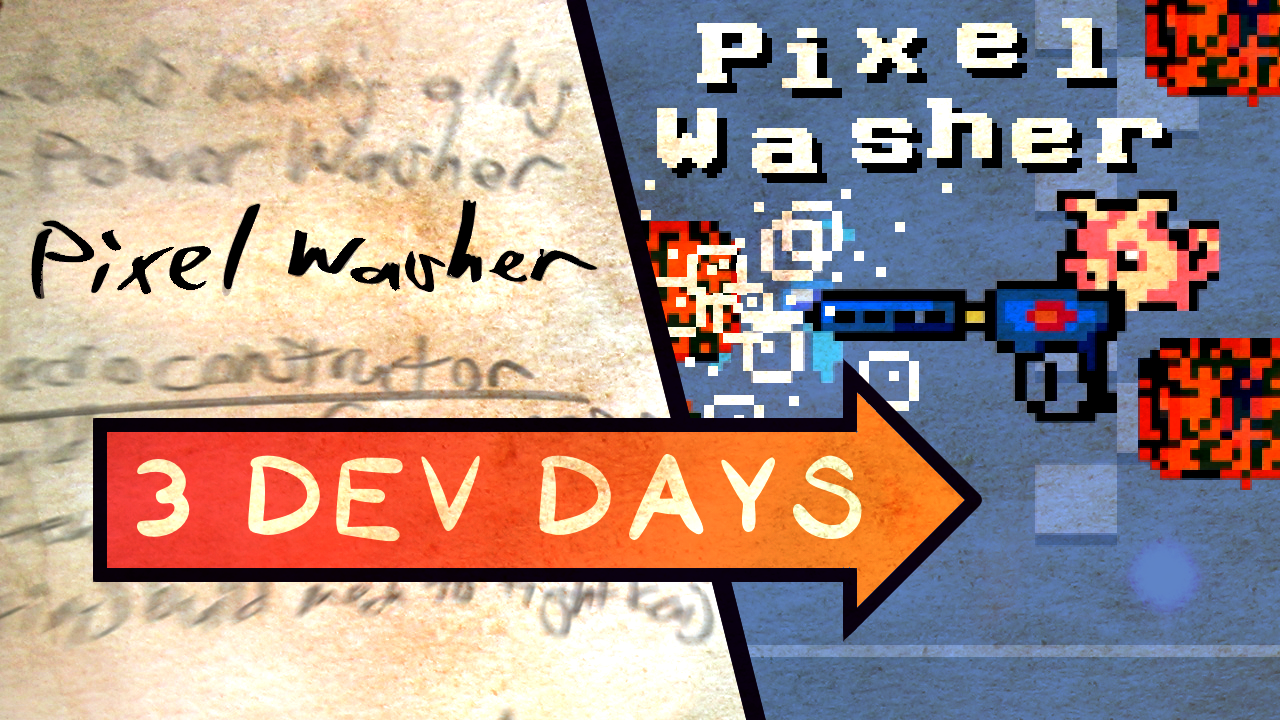
You don't have to make the whole game at this point! Try just making a GIF.
Then craft some excellent posts. Stuff that could really pop off. Not sure how to do it? Read this this this this but the steps boil down to:
- Include eye-popping visuals
- Be genuine and not marketing-ish
- Tell a good story
Once you have this "viral proof" you can pitch your game more confidently. Without it, it's harder to market it!
6) Audit concept
You've come far enough along with the concept; it's time to examine it to see if it'd be worth spending the next several months (or years) of your life building it.
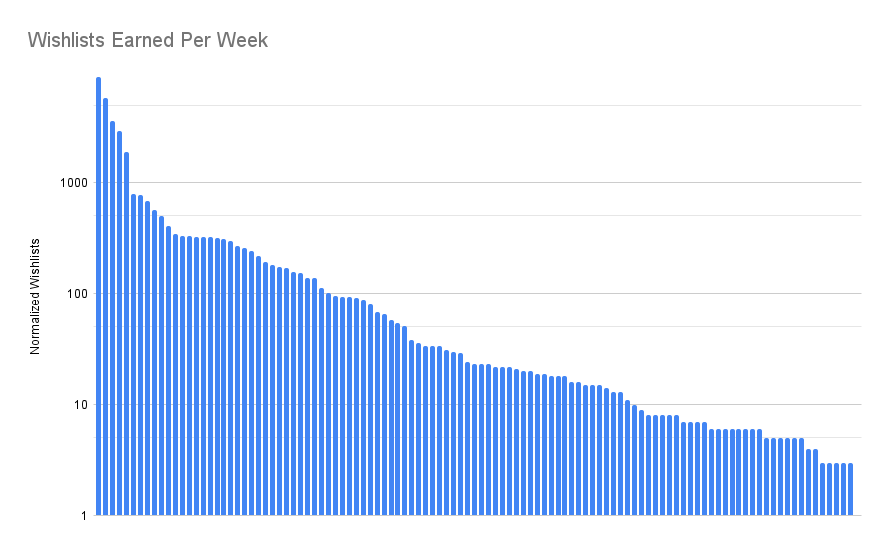
How does your game compare against Chris Z's benchmarks?
At this point you've gotta think about whether you really care about making a game with low risk that sells itself, or if you care more about making the game your heart desires regardless of whether you lose time and money in the process.
I can't tell you what to do here, but I will write some advice soon. (Stay tuned!)
If you can afford to do it, go for it. If not, that would be irresponsible and ill-advised! (And I would never do that ... ... ...)
There's gotta be another concept out there that's a better fit for you.
One size does NOT fit all
That's it! Good luck!
What do you think of the steps? Do you think they are necessary, or too much? Too little? Do you follow similar steps yourself? I'm certainly not an expert, as I've accidentally stumbled my way through these steps (mostly) once, but I don't have this process nailed down.
The process will be different for everyone. Likely different for every game, too! But using these steps as a basic starting point can be useful to guide your project and set expectations about its potential for success.
📙 Get started on YOUR video game
If you liked this, you'll love How to Make a Video Game All By Yourself.
Already got the book? Making Big Indie Games covers the next steps towards shipping a game that could change your life. It's about two hours of advanced, intimate video detailing my process for making big games.
